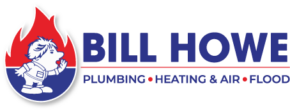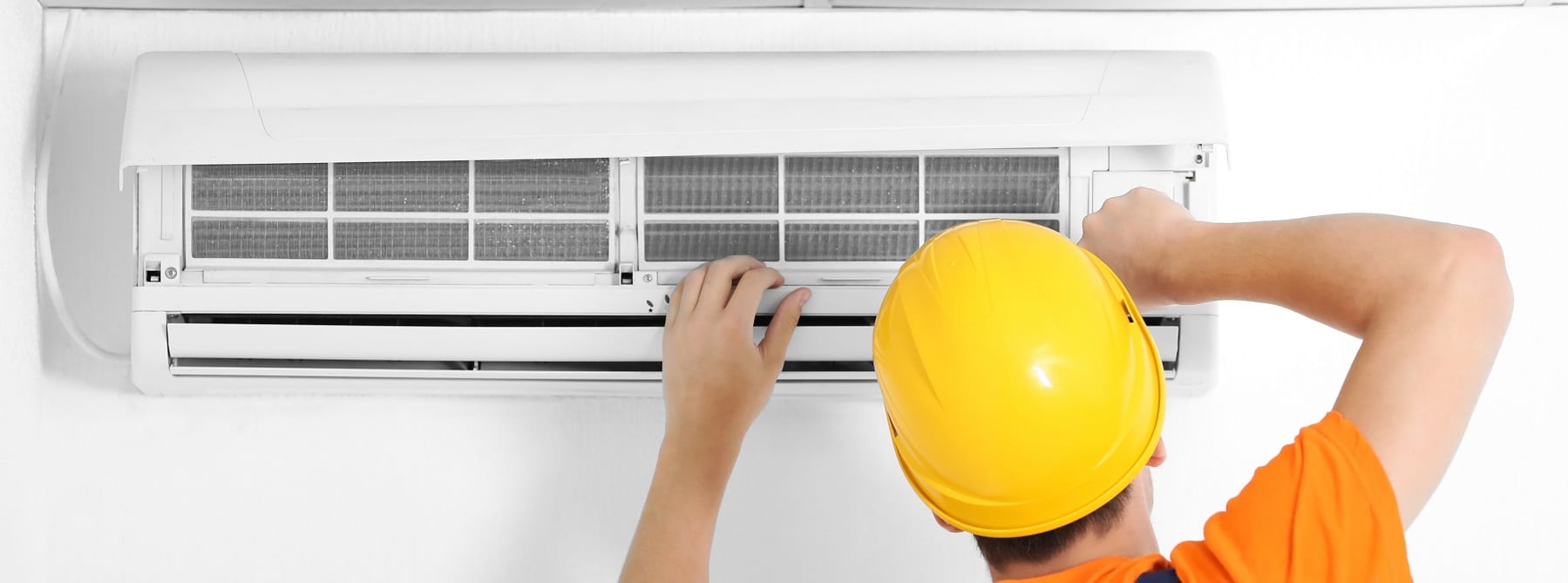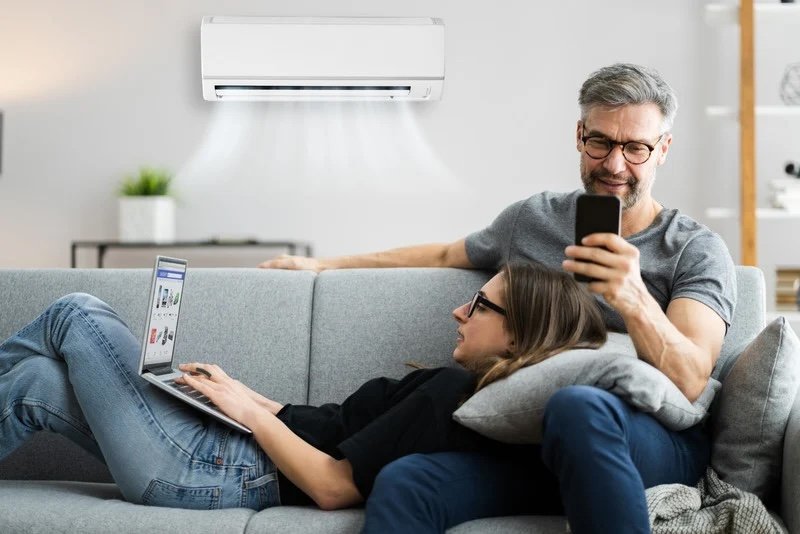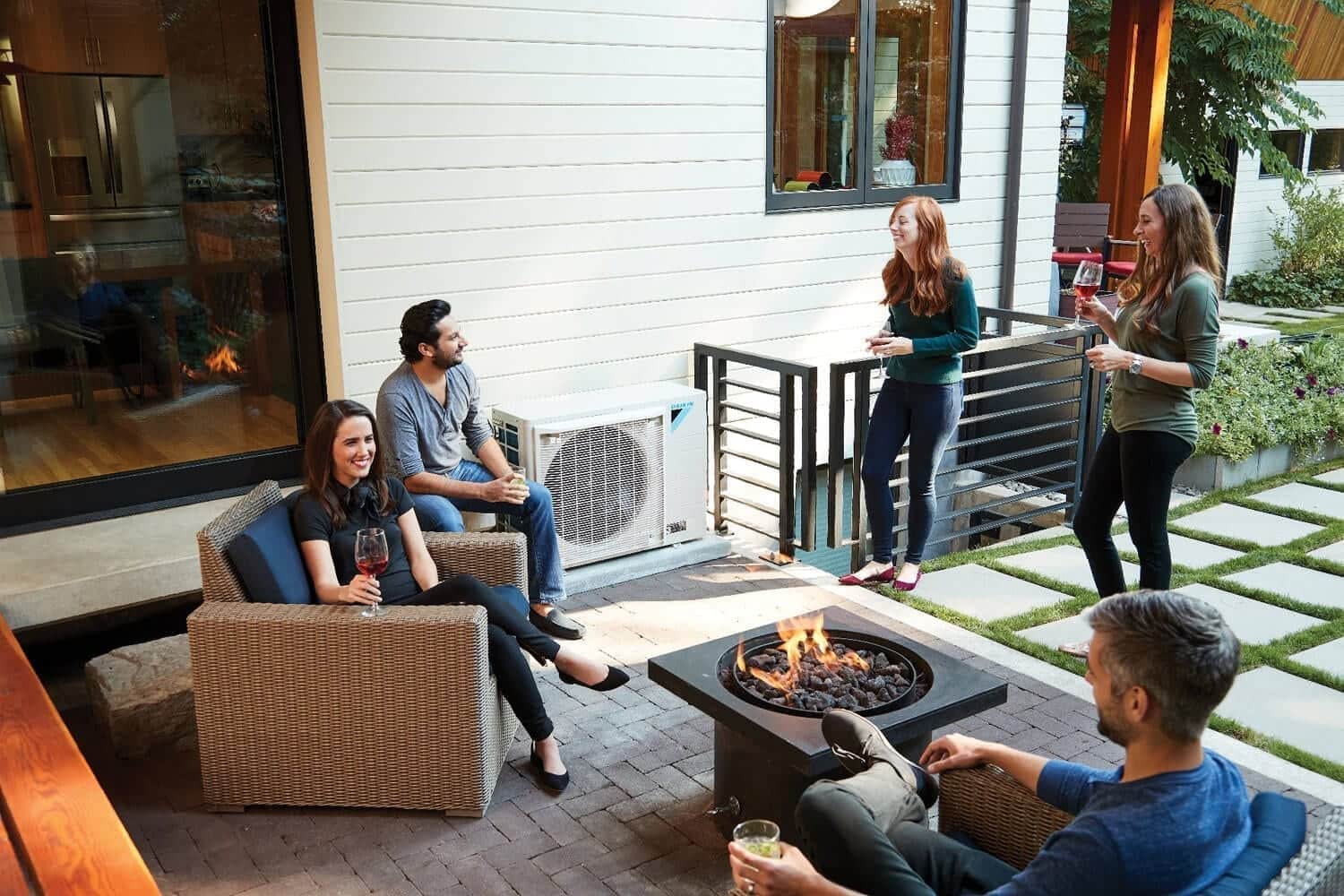Do you ever wonder how well your furnace is working? Do you think you have a broken furnace? If you wake up on a cold winter night with no heat, it is obvious you’re in need of a furnace repair. But what about other more subtle signs that you might have a broken furnace in need of replacing? Here are several indicators that it’s time to start planning for a new high-efficiency furnace!
Age
All home appliances will eventually reach the end of their lifespan. Quality made and properly maintained products will last longer, while cheaper made and neglected products will vary.
So then you might be wondering, how long do furnaces last? A natural gas furnace typically has a lifespan of about 15-20 years. Once the furnace passes 15 years, it is a good time for homeowners to begin thinking about a replacement. Even a system that has been properly maintained and cared for will eventually break down and the best time to replace it is when you have time to research and compare, not when it is an emergency.
In fact, most San Diego HVAC companies offer great deals during the Spring season for new furnace and air conditioner combinations. If your furnace is more than 15 years old, it is likely running inefficiently. Likewise, if your air conditioner is older, it may be a great time to upgrade to a high-efficiency furnace and A/C, and if you plan it around the off-season in San Diego, you will likely get a better price and quicker scheduling.
High Utility Bills
Do you notice a spike in utility bills as soon as you begin using the furnace each winter? If the cost of your electricity and gas bills rise significantly, it might be time to investigate the furnace. It could be running inefficiently due to a dirty, clogged filter or larger repair need. High utility costs are also an indicator of the inefficiency of older heating systems. It would be more energy efficient and cost saving to invest in a newer system, should this be the problem.
Flame Color
A natural gas furnace flame color says a lot about how the furnace is working. A crisp blue flame indicates the furnace is running efficiently and is properly maintained and cleaned. However, if homeowners notice a dull or yellow flame, it could mean the furnace is on its way out or it might be pointing to a larger problem.
A yellow flame could mean that carbon monoxide levels are too high. Homeowners should ensure they have carbon monoxide detectors installed in their home and be sure to contact your utility company or HVAC contractor if you suspect danger.
Yellow and dull flames may also mean the system has not been maintained properly. New homeowners who are inheriting a new system should always have a professional HVAC contractor inspect the system prior to purchasing the home.
Noise
If the furnace is making strange noises, groans, clangs, rattles and more, it could indicate the furnace needs a tune-up or repair. Noises may mean the blower motor needs repaired which would solve the problem. However, if it is older, it could mean the furnace needs to be replaced.
The strange noises you hear may indicate the following:
Clangs: If you hear clanging when the furnace is on, it’s a sign that the fan belt may need to be replaced.
Rumbling: It could be overheating if you hear a rumbling noise from the heater. Be sure to turn off the system and call an HVAC technician. An overheating system may also cause a burning smell from the vents.
Clicking: If you have a natural gas heater and it’s making a clicking sound, there might be a crack in the heat exchanger. A problem with the heat exchanger shouldn’t be taken lightly. A cracked heat exchanger may lead to carbon monoxide leaks into your home, which can be life-threatening if ignored. Unfortunately, this toxic gas is odorless and colorless, so we recommend installing a carbon monoxide detector in your home.
Rattling: Sometimes, a rattling sound coming from the furnace may mean that there are loose parts, such as a blower wheel or motor mount. An accumulation of dirt and debris can also cause the furnace to vibrate and rattle.
Kicks on and off
A furnace that continually cycles on or off may need a repair diagnostic from a professional. Homeowners may be able to save money by checking the filter. Dirty filters are the culprits of many furnaces and air conditioning failures. It can often be left unchecked, causing the system to break down completely. If the filter is dirty and clogged with debris or pet hair, change or clean the filter and run the system. If it continues to short cycle, it may be the thermostat or the system could be too big for the home.
Air Quality
Energy Star recommends replacing the system once air quality starts to deteriorate. Some initial symptoms of an aging and inadequate system are excess dust in the home, dryness during the winter and high humidity in the summer, and debris or dust particles circulating through the home. Of course, you can have the air filter replaced or schedule an air duct cleaning service, but if the air quality is still poor after these solutions, it could be a sign that the furnace is going out.
Uneven Temperatures
Uneven heating, according to Energy Star, is a big indicator of improper system operation and one of the more common furnace problems. It could also point to the home’s insulation. Insulation is important for both heating and cooling systems to work efficiently. So, before you go call an HVAC technician, consider installing proper insulation in the rooms that aren’t heating up evenly.
Heater Won’t Warm Up
A heater that won’t warm up your home isn’t just annoying; it’s also a sign that your furnace is going bad. However, before you start calling your local HVAC technician to replace or repair the heater, there are some things you can check to ensure that you have a broken furnace, or maybe it’s a simple fix. Here’s what you can do:
Check the circuit breaker panel: Power surges happen, and when they do, the heater can be temporarily disconnected. So, open the panel and make sure that the breakers are on.
Check the thermostat: Let’s face it. Sometimes, things as simple as setting the thermostat may slip our minds. Make sure you put it at a comfortable temperature.
If you’ve already checked the breaker panel and thermostat and everything looks okay, the furnace may be broken.
Constant Repairs
When homeowners find themselves funding multiple repairs every winter, it is time to consider furnace replacement. Once your furnace gets to be around 15 years old, constant repairs become routine. Once one part of the system breaks down, it is likely other components will need to be repaired soon.
So, if you discover that repair bills and HVAC technician visits are mounting, it’s a tell-tale sign that your furnace needs to be replaced. The good news is that homeowners will often find that investing in a new high-efficiency system will help save money by saving on utility costs and unnecessary repairs over several years.
Gas or Unusual Smells
It’s not uncommon for a furnace to emit an odor when turned on for the first time, but it should dissipate quickly. If the unusual smell is persistent, have your furnace looked at by a certified HVAC professional. A rotten egg, or gas smell, is a warning sign of a gas leak. If homeowners suspect a gas leak, immediately leave the home and call the utility company. Natural gas has no smell on its own, but the utility companies add the “rotten egg” smell of leaking gas to alert homeowners of danger.
Auto Safety Switch is Failing
Chances are your furnace has a built-in safety switch. Safety switches are essential to keep you out of harm’s way. If yours is being triggered to shut your system down, you may have a broken furnace. It can also be a sign that your furnace is going bad due to the following issues:
- The evaporator coil is clogged
- There’s a wiring problem
- The motor blower is malfunctioning
- There’s a problem with the control board
- The unit has a dirty air filter or pipes
A Build Up of Moisture
Does the air in your rooms feel stagnant or damp? If so, those are signs that the furnace is going bad. If you’ve noticed a buildup of moisture on the walls, windows, or ceiling of your home, there may be a lack of airflow in your home. Too much condensation may mean that the furnace is broken. Call a certified HVAC technician to inspect the unit before mold and mildew start to grow.
Lack of Maintenance
If the furnace has had consistent maintenance, it will perform as it should for many years and at its peak efficiency. However, with furnaces that skip routine maintenances, problems can accumulate quickly and result in more damage causing the system to break down long before it should.
For homeowners inheriting a furnace when they buy a new home, it may be hard to determine the maintenance record for the furnace, but an HVAC professional should be able to perform a diagnostic on the overall performance and provide a picture of the overall furnace health. Certified technicians know how to look for signs the furnace is going out. During a preventative maintenance visit, certified HVAC experts will be able to identify issues that can become significant problems and take care of them immediately.
If the furnace is dirty, rusty, makes strange noises, has any unusual smells, or consistent problems, it is probably due to a lack of maintenance.
Homeowners should have annual furnace maintenance performed by licensed HVAC specialists. During routine maintenance, heating technicians will clean and fine-tune the system so it will run efficiently.
Homeowners can also help by changing and/or cleaning furnace filters at least once per quarter. Dirty filters are often responsible for many problems in a broken furnace.
If you have a broken furnace or the signs of a furnace going bad sound familiar, call the experts at Bill Howe. We’re available 24/7 for emergency services and offer free in-home estimates for homeowners wishing to install a new high-efficiency system.
At Bill Howe, we take pride in offering a full range of services homeowners need year-round. Are your drains clogged? Are you searching for solutions to maintain your home plumbing, heating and cooling infrastructure for year-round comfort and reliability? We can help!
Call 1-800 BILL HOWE (245-5469) or book your appointment online.




